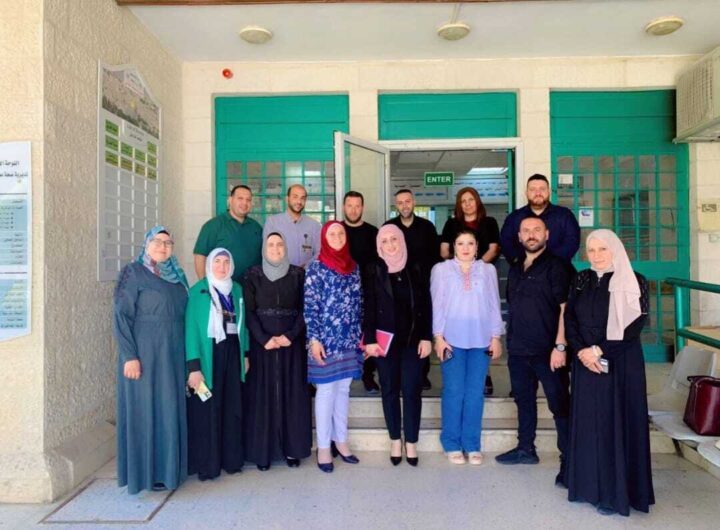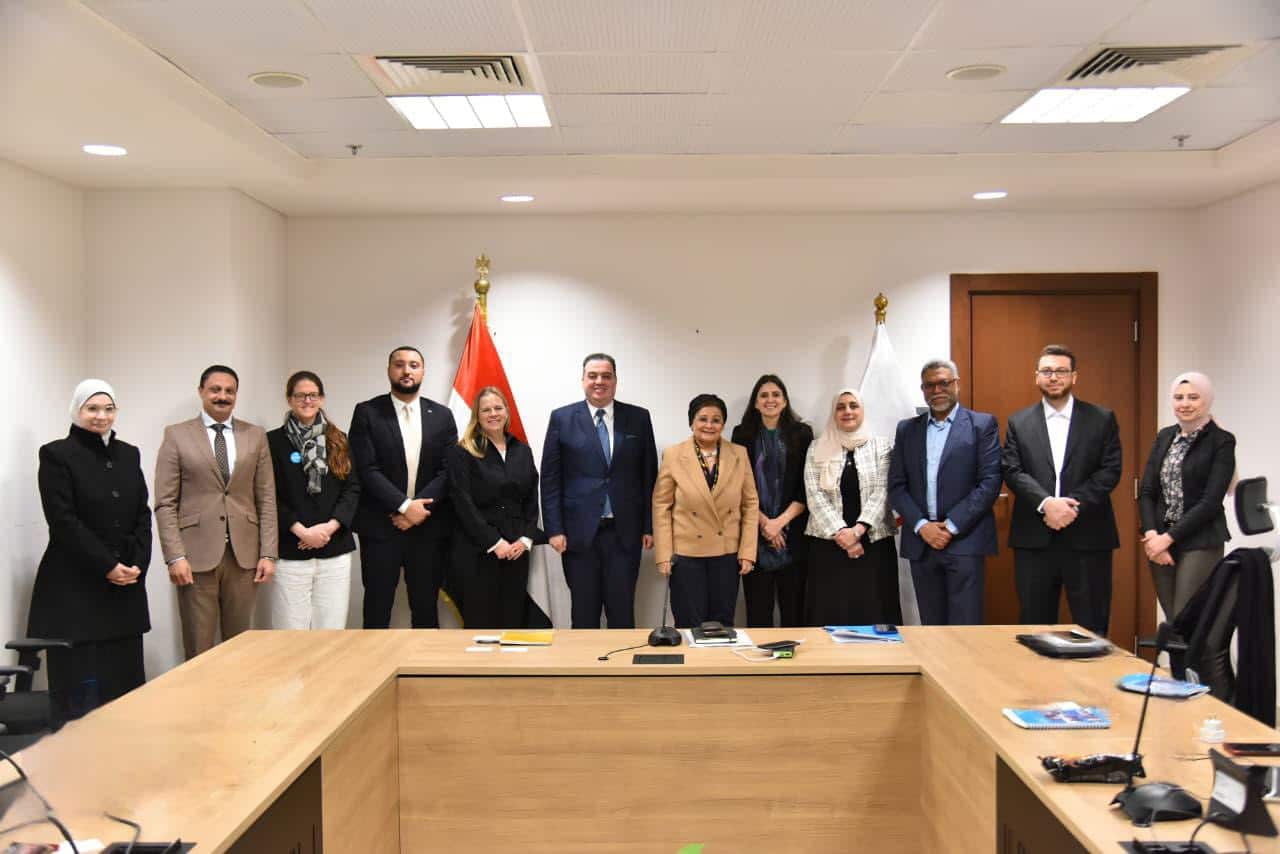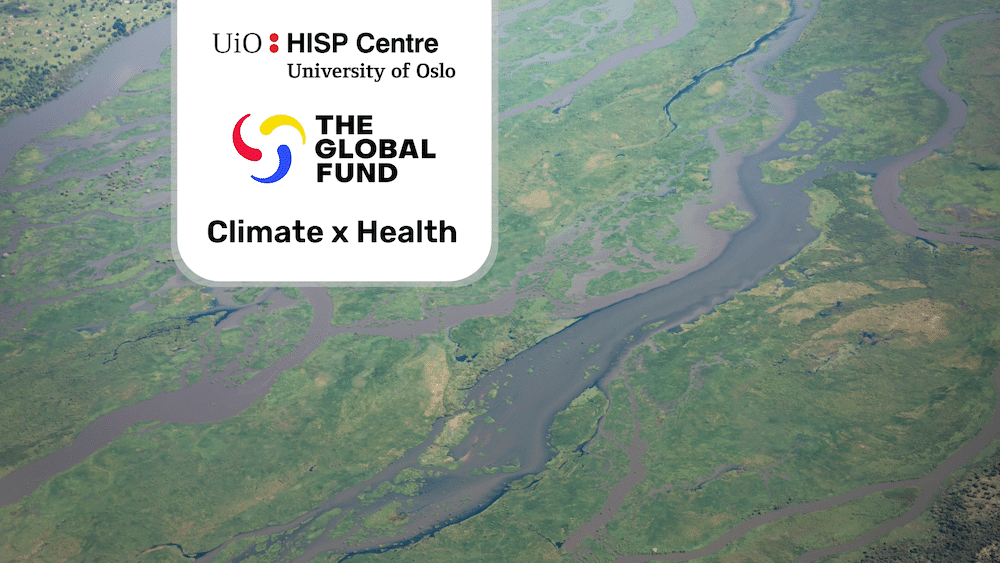The DHIS2 Annual Conference takes place from 15-18 June 2026! Learn more
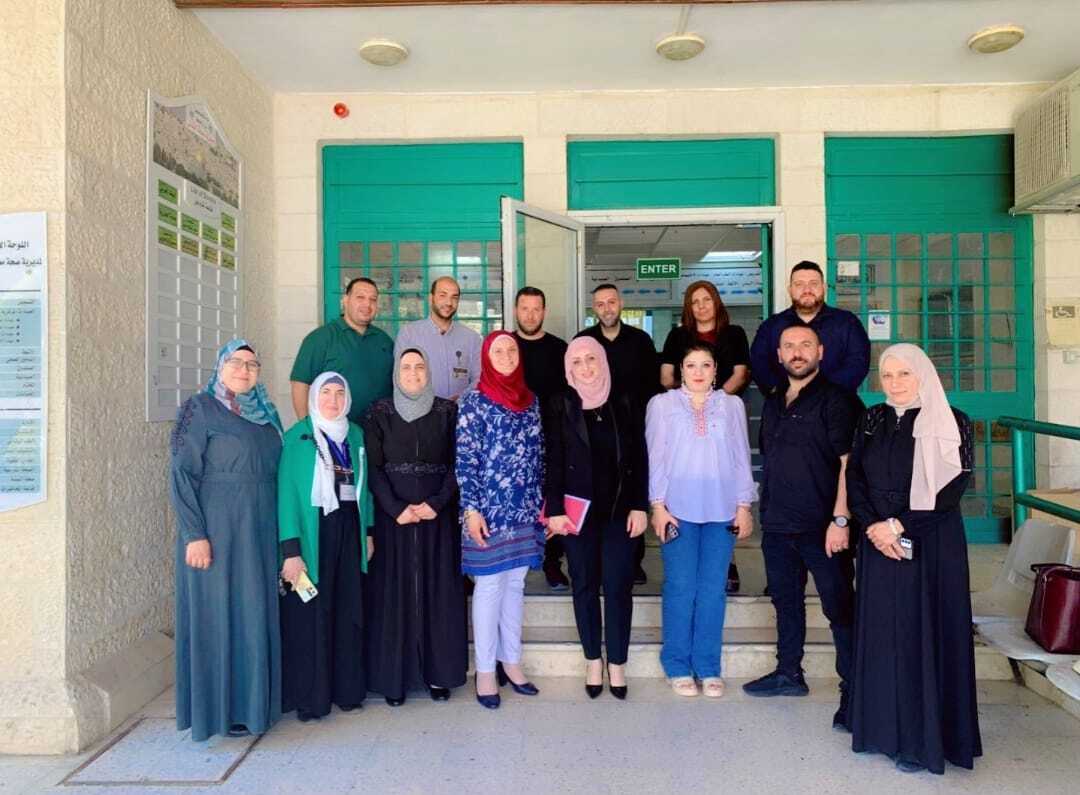
Palestine to Integrate Maternal, Child and Family Health Systems with a single DHIS2 Platform
The Ministry of Health is integrating maternal, child, and family health systems under a single DHIS2 platform after a decade of innovation.
The Ministry of Health in Palestine has launched an ambitious initiative to unify maternal, child, and family health records under one national information system using DHIS2. This effort builds on more than ten years of innovation and successful implementation in the country and is being carried out in collaboration with the HISP Centre at the University of Oslo (HISP UiO), HISP Middle East & North Africa (MENA), and the World Health Organization (WHO) Palestine Office.
The initiative will bring together the country’s largest primary health care data systems into a single, integrated DHIS2 instance that supports a national Mother and Child Health (MCH) Registry and a unified Family Health Record.
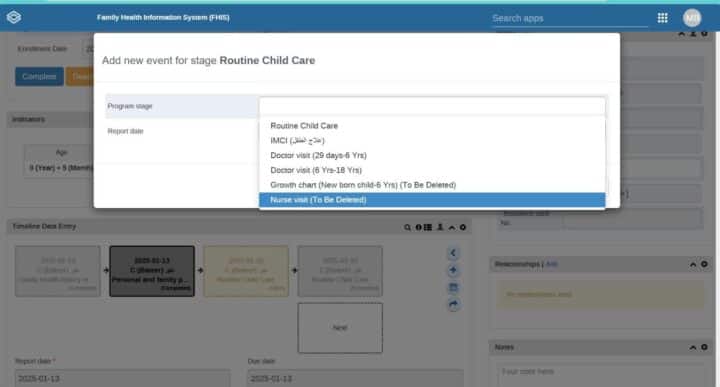
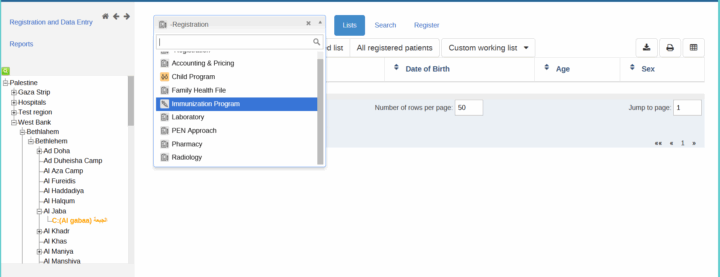
A Decade of Innovation
Palestine has played a key role in advancing DHIS2 over the past decade. Its MCH eRegistry, launched in 2016 through a partnership between the Palestinian National Institute of Public Health (PNIPH), the Norwegian Institute of Public Health (NIPH), and HISP UiO, was among the first DHIS2 Tracker implementations and helped to pioneer features such as the program rule engine. These contributions have since been integrated into DHIS2 core and adopted around the world.
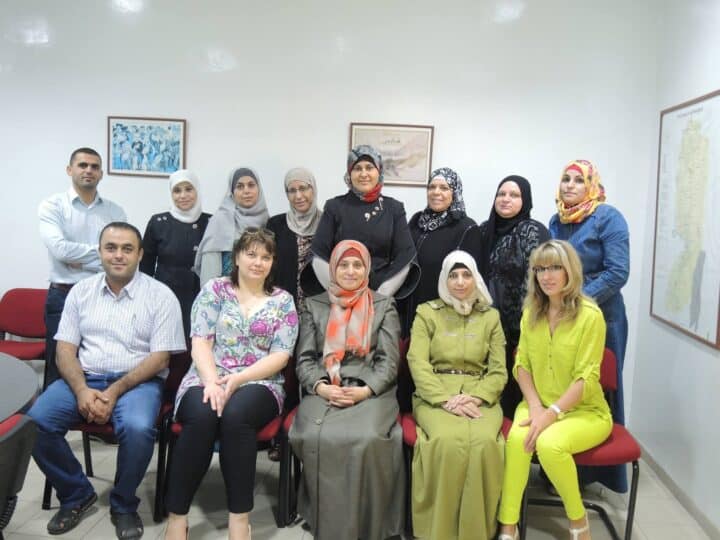
That early system was built on a custom fork of DHIS2 to meet Palestine’s unique needs. At the same time, the Ministry of Health and PNIPH implemented a more standard version of DHIS2 to manage other family health services. The new phase of work will merge these systems into a single national platform, leveraging the latest version of the standard DHIS2 Capture App and supporting long-term sustainability. This initiative is expected to be accomplished by the end of 2026.
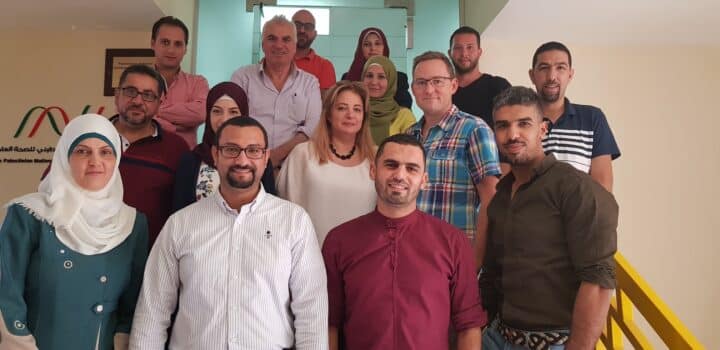
Supporting a Broad Range of Health Programs Today
The digitalization of health information systems in Palestine reflects the Ministry of Health’s (MoH) long-term strategy to advance toward Universal Health Coverage (UHC). The national approach has focused first on strengthening centralized data systems at the national and district levels before expanding to facility-level digitalization during the 2015–2025 period.
Today, DHIS2 supports a broad range of health programs across Palestine:
- 380 clinics are currently using the Maternal and Child Health (MCH) eRegistry for tracking maternal and newborn care.
- 88 clinics in Salfit, Tubas, Jericho, and Bethlehem districts are using an electronic Family Health Record system, which covers services such as child and adult care, non-communicable diseases, general practice and specialist visits, laboratory services, radiology, drug management, and immunization—all within the DHIS2 Tracker.
- 14 districts are using DHIS2 for Health Management Information System routine statistics through aggregate data reporting.
- 14 districts are using DHIS2 for case-based communicable disease surveillance.
- 14 districts are using the Mammography eRegistry for breast cancer screening.
- 14 districts are using a dental registry to track oral health services.
- 14 districts have implemented a Gender-Based Violence observatory for reporting and case management.
- 14 districts are using DHIS2 for Road Traffic Accident surveillance.
- 14 districts have rolled out a Health Education platform using DHIS2 Event Capture.
- 14 districts are using DHIS2 for Civil Registration and Vital Statistics data management.
This nationwide scale-up demonstrates the MoH’s commitment to building a fully integrated, patient-centered digital health system using DHIS2.
Key Activities in the New Phase
The upgraded MCH eRegistry officially kicked off in April 2025, with full national implementation targeted by the end of 2026. This next phase focuses on moving to the standard DHIS2 Capture App, streamlining infrastructure, and improving the user experience for health workers across programs. Major components of the project include:
- Migration and Integration: Transitioning from the customized MCH e-Registry application to the standard DHIS2 Capture App and integrating maternal and child health design with existing family health records.
- System Simplification: Reducing the number of data elements and removing legacy customizations to align with the DHIS2 core platform.
- Infrastructure Upgrade: Redesigning the server architecture to ensure improved scalability, performance, and long-term sustainability.
- Capacity Building: Delivering training on advanced Tracker features, server administration, and system management to ensure local ownership.
- Data Harmonization: Standardizing data elements, program rules, and configurations across family health programs to support a cohesive national registry.
- Improved Usability and Sustainability: Ensuring a consistent user interface and eliminating reliance on custom code to fully leverage innovations from the DHIS2 global ecosystem.
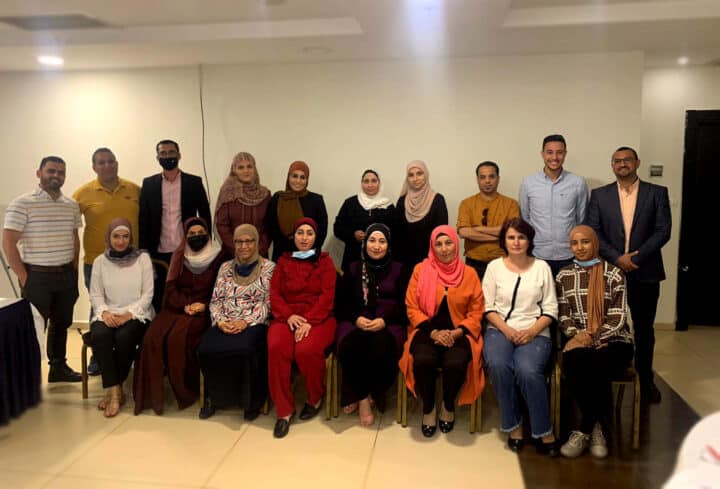
Looking Ahead
Despite the ongoing challenges facing the health system due to the current conflict, this initiative reflects Palestine’s continued leadership in digital health innovation. The Ministry of Health’s work to unify maternal, child, and family health records under a single, nationally owned platform demonstrates both resilience and a forward-looking commitment to high-quality, patient-centered care. By investing in a more sustainable, integrated DHIS2 system, Palestine is not only improving service delivery and data quality at home—it is also contributing valuable experience and innovation to the global DHIS2 community.
